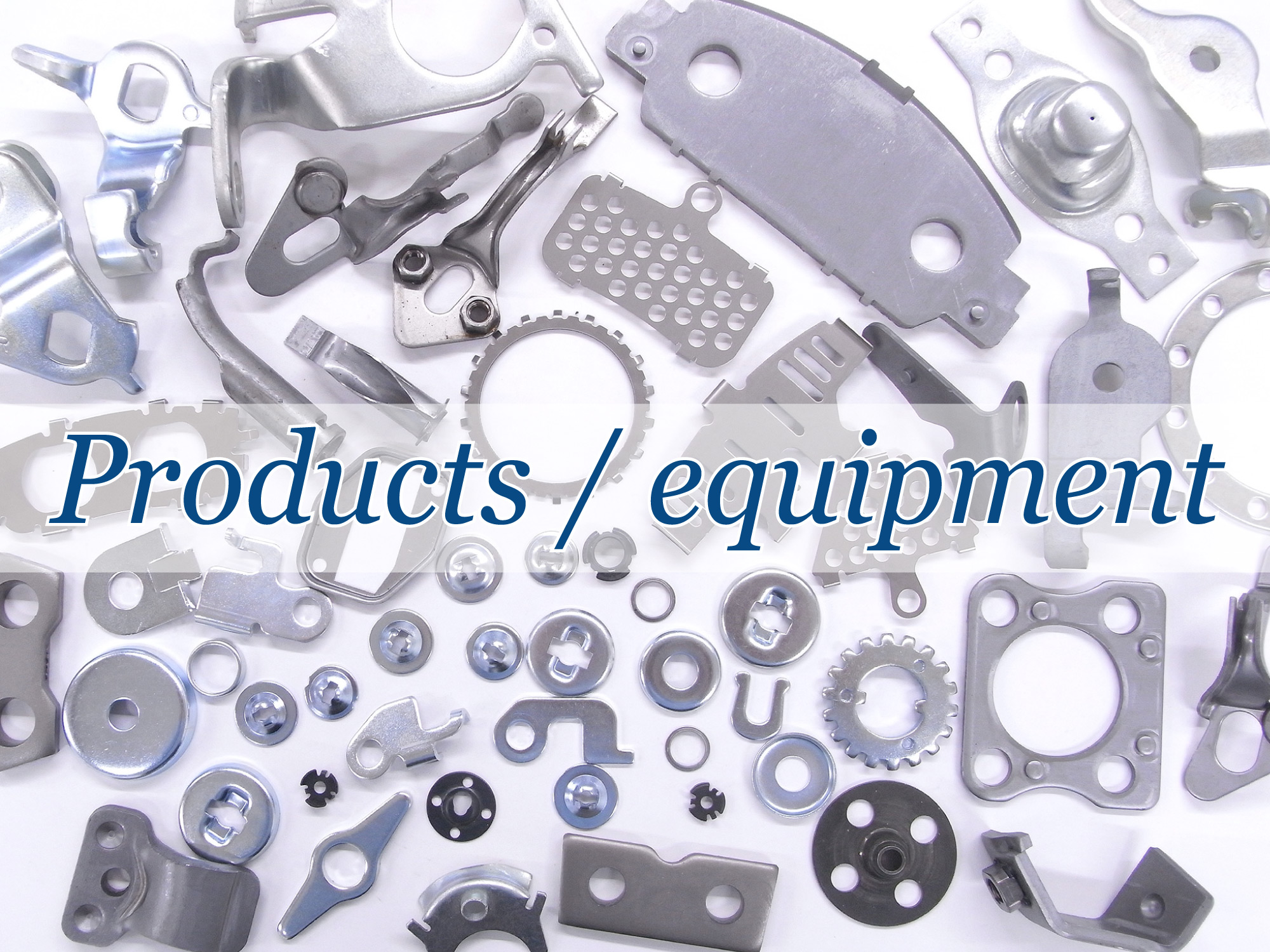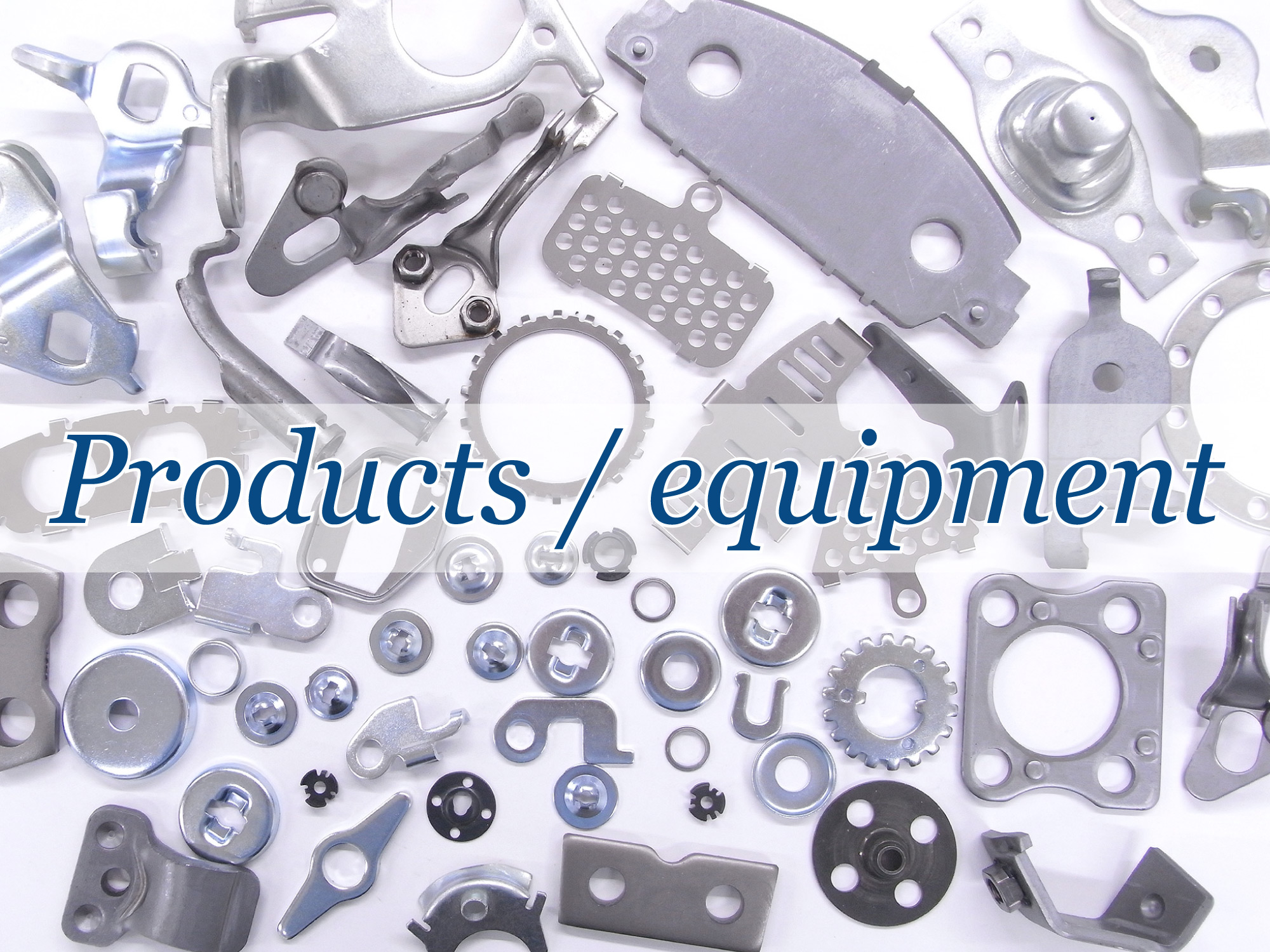YSPS is making itself your resource for your metal stamping projects and orders by applying two distinguished and strengthened performance techniques.
Fine blanking (FB) is a stamping technique that performs blanking accurately to suit the specifications ordered. This principle is based on the hydrostatic pressure effect, where the plastic forming force increases when pressure is applied to material. In general stamping, the workpiece is placed on the die and punched with pressure. This requires an appropriate clearance between the die and the punch. In fine blanking, in contrast, pressure is applied from both top and bottom with the clearance minimized.

The use of fine blanking enables micron-order precision stamping that is considered difficult with ordinary stamping. Furthermore, the sheared surface is finished smooth and clean, eliminating the need for post-processing. It is also possible to form complex shapes by combining bending, drawing, and shearing.
The other advantage is the broad range of processable materials. Fine blanking can also be used with special-purpose steels as well as materials difficult to work with, such as stainless steel and superalloys.
These benefits have contributed to the increased use of fine blanking for metal parts that were conventionally manufactured by forging or casting. Today, fine blanking is an essential processing technique for manufacturing parts in a wide range of industries including automobiles, cameras, other precision devices, medical equipment, and aerospace applications.
YOMU is an abbreviation of Yamamoto Press Optimized Material Usage. We lay 2 to 3 pieces of material in 1-shot yield as the first step operation. Application of this processing technique can achieve less material than by the usual progressive processing. YOMU can be applied for thin material (0.4mm) up to thick material (8.00mm).

Blanking operation of 2 to 3 pieces in 1 shot requires approximately 10% to 30% less material. After the blanking operation, we set 6 small dies in one 200t press and apply our-own developed transfer robot so that we can reduce both manpower and equipment.